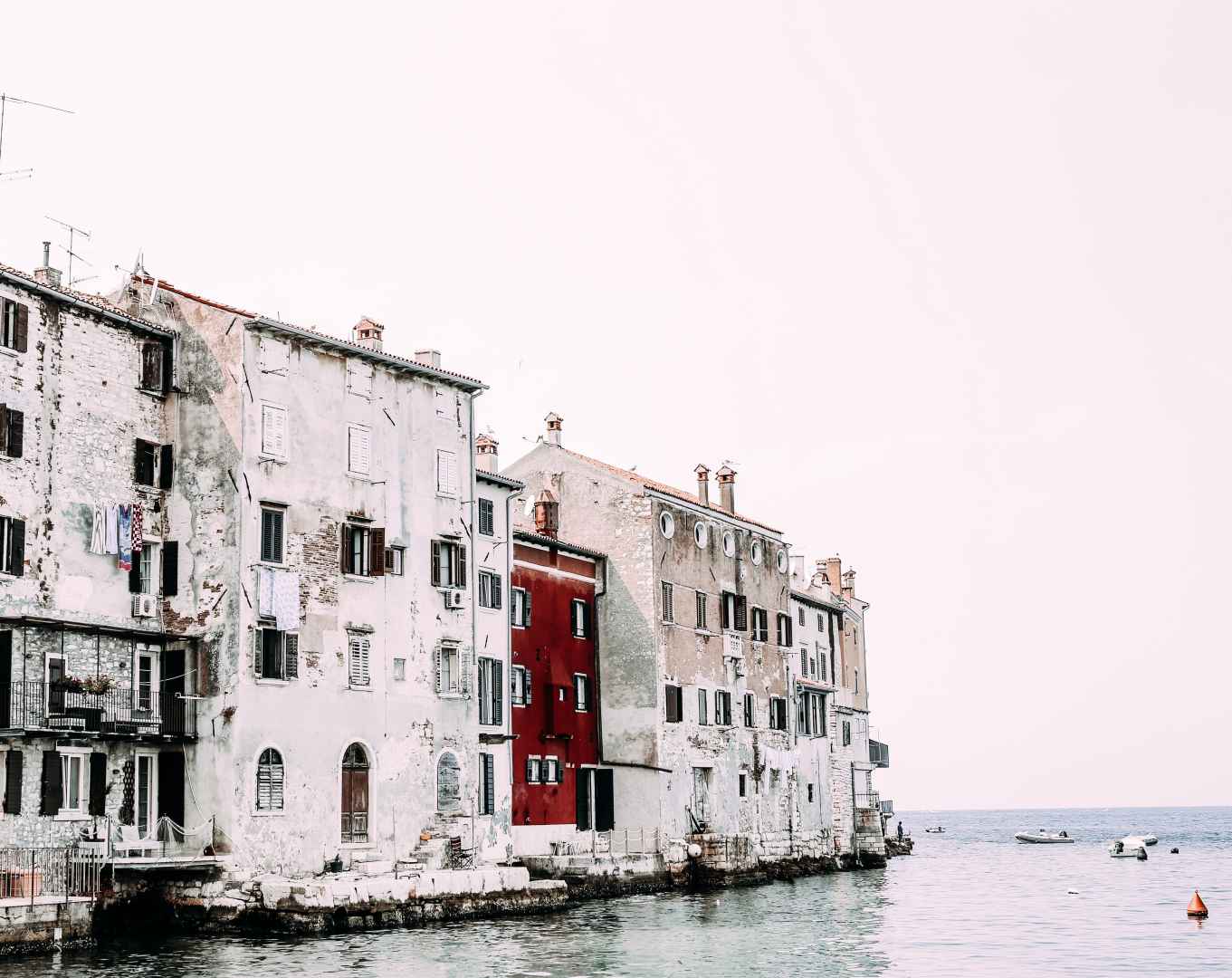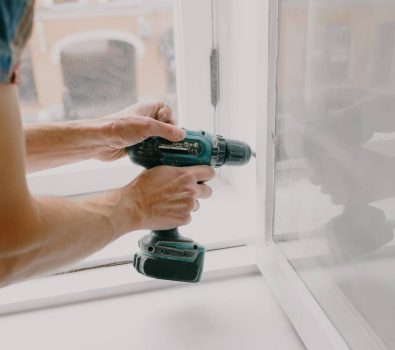Water damage may result from natural disasters or man-made issues like broken plumbing and burst pipes, making it crucial to take swift action when any form of flooding or leakage occurs in your home. As soon as any indications of water damage arise in your residence, take swift and decisive action immediately!
Water damage requires immediate action to avoid further destruction, protect belongings and limit health hazards.

Continue reading to understand more about how to handle this hazard effectively. If you need more information, you need to learn about this: Is water heater covered under home warranty?
Leaks in the Plumbing
Leaky pipes can quickly cause costly damage if left unrepaired, but most water leaks can be fixed without much difficulty or expense if detected early enough.
Leaks left unchecked can do irreparable damage to the structure of your home and promote mold and mildew growth, so watch for telltale signs like water spots on ceilings or floors and discolored spots on floors as indicators that you have an active leak in your home.
Leaks may manifest themselves in your monthly water bill as an unexpected spike, so having an accurate detection system in place is invaluable in keeping an eye on your pipes and alerting you of any changes so a repair service can be called immediately.
These systems are particularly helpful for homes with older copper pipes that may become susceptible to corrosion and begin leaking without prior warning.
Also Read: Ways a Utah Homeowner Can Save on Heating & Cooling
Frozen Pipes
Water that freezes expands, exerting immense pressure on pipes and forcing them to either crack or burst, unleashing floodwater onto properties, leading to extensive property damage and costing thousands in repairs.
Keep your home warm to reduce the chances of frozen pipes. Do this by leaving cabinet doors open under sinks, using fans to circulate air, or space heaters (with caution as they are flammable) to help warm up the area surrounding pipes.
If a pipe bursts, it is imperative that immediate steps be taken in order to minimize water damage. Furthermore, contact your property insurance agent as some policies cover damage from frozen pipes provided proper precautionary measures have been implemented and maintenance practices followed.
Sewage Backups
An emergency sewage backup can be devastating for walls, carpeting, furniture and belongings – not to mention health risks posed by its contamination with dangerous bacteria that can spread illness.
Anyone exposed directly or breathing air containing raw sewage runs the risk of Gastroenteritis, Hepatitis A, Salmonella or E. coli infection, among other potential illnesses.
When wastewater and sewage back up into toilets, tubs, or drains in your house, it’s a sure sign something needs to be addressed with your sewer line.
Homeowners are responsible for keeping up with routine maintenance of their house’s sewer lateral, which connects directly from city sanitary sewer lines into their property.
For optimal sewage backup protection, avoid flushing paper towels or other “flushable” personal wipes down the toilet.
Such items were never meant to withstand the pressures of sewer systems and will likely result in blockages that require professional attention to resolve.
Also Read: How You Can Customize a Carport To Fit Your Home?
Floods
Floodwater damage can be one of the most severe forms of water damage. Floods can wreak havoc with your home’s structure, furnishings and carpeting. They often necessitate major reconstruction and construction; fortunately most homeowner’s insurance policies cover it.
Flooding can result from numerous sources, including hurricanes, torrential rainfall storms and dam or levee failure. Overflow of rivers or lakes often causes flooding; others occur from overwhelmed sewer systems or urbanization.
Flood damage is typically classified by its category and class according to IICRC classification criteria: Class 1 flood water is clean while Category 3 poses significant health risks – both these categories of damage coverage typically fall within homeowners insurance policies.




